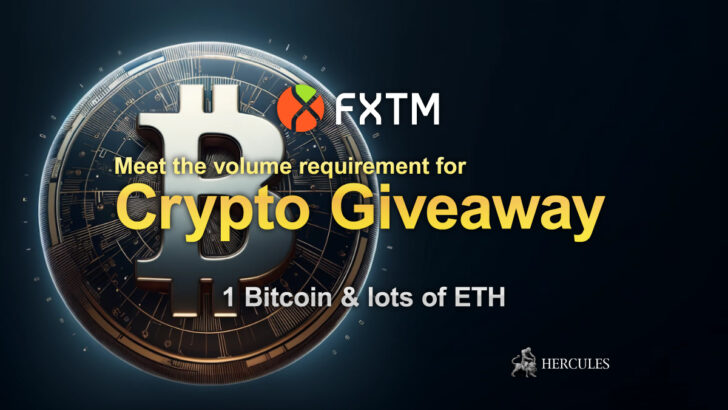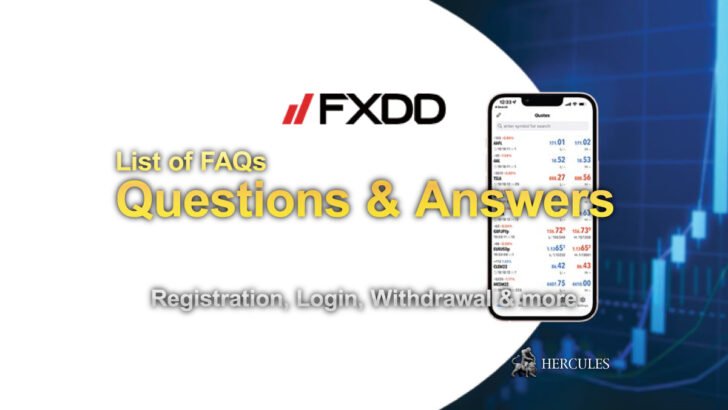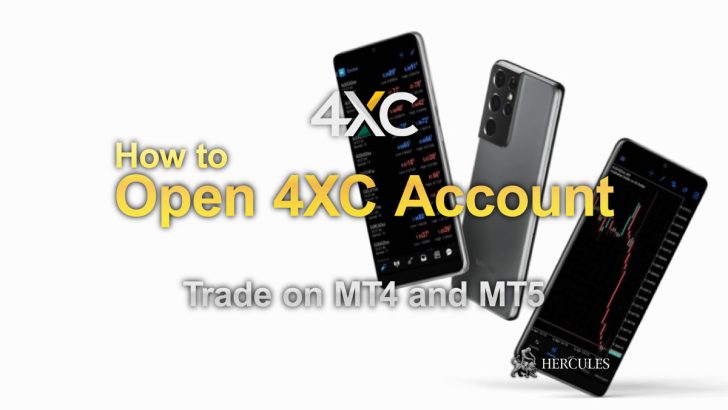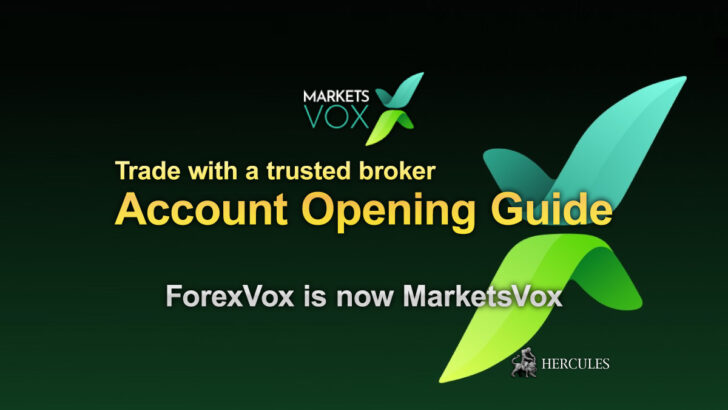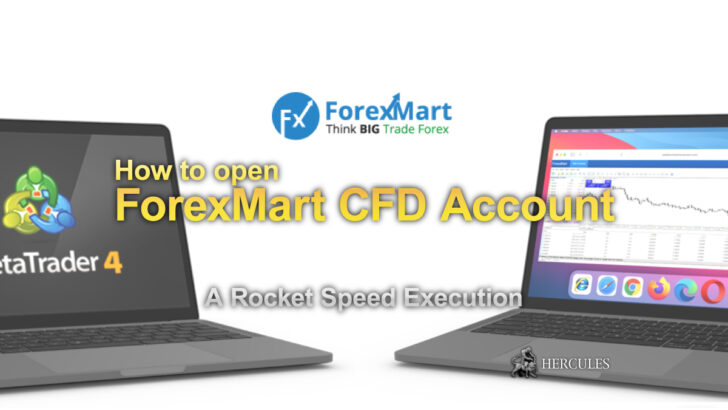Guide to store NFTs in a Wallet - Where, How and Why


Why store NFTs in wallets? The reason is here
An NFT wallet is a cryptocurrency wallet that supports the blockchain protocol on which the NFT resides.
In order to keep NFT collectibles safe, proper wallets must be used.
This article covers the basics of cryptocurrency wallets, the best way to store NFTs, and everything else related to them.
Which is better, a hot wallet or a cold wallet? With so many options, it can be overwhelming to find a wallet that fits your needs. However, Binance makes it easier to store NFTs.
You’ve finally got your first NFT and it’s a delight to watch. Take a moment to enjoy it first, then what’s next? Now you need a place to keep your NFTs safe. This is where NFT wallets come in handy.
Learn how to store NFT collectibles, whether it’s art, music, or limited-edition releases, you need to store them in your wallet to avoid the loss of your crypto assets.
Binance is not only the largest global cryptocurrency exchange by transaction volume and user base but also a very secure and SAFU-protected hot wallet. Interested in learning more about the various ways to securely store NFTs? Read on to find out what a cryptocurrency wallet is, as well as some noteworthy wallet features and the best way to store NFTs.
Go to Binance’s Official Website
What is a cryptocurrency wallet?
A cryptocurrency wallet is a software or device that allows users to interact with the blockchain network. A cryptocurrency wallet is essential when sending and receiving Bitcoin and other digital currencies. In addition, cryptocurrency wallets also generate a private key on the blockchain for the asset address. Any transaction using this address requires authorization from the private key.
Unlike normal wallets that store credit cards and cash, cryptocurrency wallets do not actually store funds. A currency or token is a part of a blockchain system that acts as data, and a wallet is a way to get that data — whether sending or retrieving digital assets. Having said that, cryptocurrencies are not the only items that can be stored in a cryptocurrency wallet.
Keeping NFTs in a safe place is important, especially if you plan to hold NFTs as collectibles or investments. Cryptocurrency wallets are a more secure window into the NFT world. Now that you know the basics of how cryptocurrency wallets work. Let’s take a look at what features are particularly important to note when choosing a wallet to store NFT collectibles.
Notable Important NFT Wallet Features
- High security
- A secure wallet should have features such as two-factor authentication (an extra layer of protection that prevents hackers from stealing accounts). It should also employ strong encryption methods that prevent malicious third parties from viewing.
- User-friendly interface
- Although often overlooked, user-friendly cryptocurrency wallets can make buying and selling NFTs smoother and more secure.
- Cross-chain compatibility
- While the most popular blockchain for NFTs is Ethereum , if your wallet can support multiple blockchains, there are bound to be more opportunities for you to be able to access NFTs from different blockchains. The more the better.
- Supports multiple devices
- Cryptocurrency wallets that support cross-device use make storing NFTs more seamless. If you want something even better, you can choose a wallet that works on both devices and syncs transactions in real time.
- Compatible with your favorite NFT marketplace
- A cryptocurrency wallet should support your favorite market where you can mint , buy or sell NFTs , otherwise you won’t be able to do any transactions.
- Credit/Debit Cards Supported
- Not all wallets offer this feature. But if you are used to paying directly with a debit or credit card, this feature in a cryptocurrency wallet is worth noting.
- Bank withdrawal
- However, not all cryptocurrency wallets offer the ability to transfer funds directly into a bank account. If you want your wallet to have this feature, keep an eye on it.
Go to Binance’s Official Website
Types of NFT Wallets
- Software wallet
- Software wallets, also known as hot wallets, include mobile apps, browser plug-ins, and desktop apps. These wallets are protected by passwords, mnemonics, and two-factor authentication. While software wallets are not suitable for storing large amounts of funds, the advantage is that the user interface is more friendly than that of counterparties. These wallets are similar to typical wallets and allow you to easily access your funds at any time.
- Hardware wallet
- Hardware wallets are safe for storing cryptocurrencies and NFTs and are the most secure wallets on the market. Hardware wallets are often referred to as “cold wallets” and are ideal for long-term storage. Because the wallet creates and stores private keys on the device and remains completely offline until you transfer your assets. Digital assets in hardware wallets are not stored online and are therefore safe from hackers. These wallets also provide a mnemonic phrase, which can be used to retrieve the contents of the wallet if the device is lost.
- Hybrid wallet
- If you can’t choose between a software wallet and a hardware wallet, you might as well use both. Hybrid wallets can enjoy the convenience of software wallets and the higher level of security of hardware wallets. For example, you can deposit most of your cryptocurrencies and high-value NFTs into hardware wallets and a small percentage of your spending cryptocurrencies into software wallets for small transactions.
Go to Binance’s Official Website
What are the best ways to store NFTs?
After purchasing an NFT, you must choose whether to use a hot wallet (custodial) or a cold wallet (non-custodial) to store your assets. With cold wallets (non-custodial wallets), you have complete control over your private keys. This also means that you are responsible for keeping your keys safe and take precautions to protect your digital assets. For example, don’t reveal the mnemonic phrase, and activate two-factor authentication.
By using a hot wallet (custodial wallet), you are trusting a third party to keep your funds safe and return them when you want to trade or send them elsewhere. While this action relieves you of your responsibility for the digital asset, it requires you to trust the person who stores your funds for you. If you already have a Binance account or are a Binance NFT marketplace user, both of these are typical custodial wallets.
We have listed some popular wallets below to help you decide which NFT wallet is the best fit.
Binance Wallet
MetaMask Wallet
It is arguably one of the most important popular non-custodial software wallets in the market. MetaMask is an Ethereum wallet that can buy or sell NFTs on the Ethereum blockchain. One of the reasons MetaMask is so popular is that users can sync their wallets to browser plugins and mobile apps to access funds anywhere. MetaMask also allows users to create multiple addresses that can store cryptocurrencies and NFTs separately. All of these measures allow digital assets to be properly managed.
The wallet also supports debit cards and bank transfers in over 60 countries. In addition, the MetaMask wallet interface is easy for users to operate. Easy to use for beginners.
Already have a MetaMask wallet? Use WalletConnect to link your software wallet to your Binance account.
Trezor
Compatible with many wallet apps and known for its high security, Trezor is a non-custodial hardware wallet that is easy to set up and use. The only downside is that the wallet can only be associated with Android systems.
Ledger Wallet
It is also a popular non-custodial hardware wallet trusted by millions of cryptocurrency users around the world. Ledger Wallet is secure and compatible with a variety of mobile apps, as well as iOS and Android systems.
Go to Binance’s Official Website
Conclusion
Which is the best NFT wallet for you depends on your needs and preferences. While there are many NFT wallets to choose from, the right NFT wallet allows you to browse, collect, and store digital assets in a secure way.
Ready to dive deep into the NFT world?
Follow Binance NFTs on Twitter and the official announcement group to stay updated on NFT updates, get Binance’s latest weekly IGO launches and exclusive blind box releases. For users who want to explore the NFT world directly, please check out the high-end NFT activities and the many NFTs in the secondary market.

